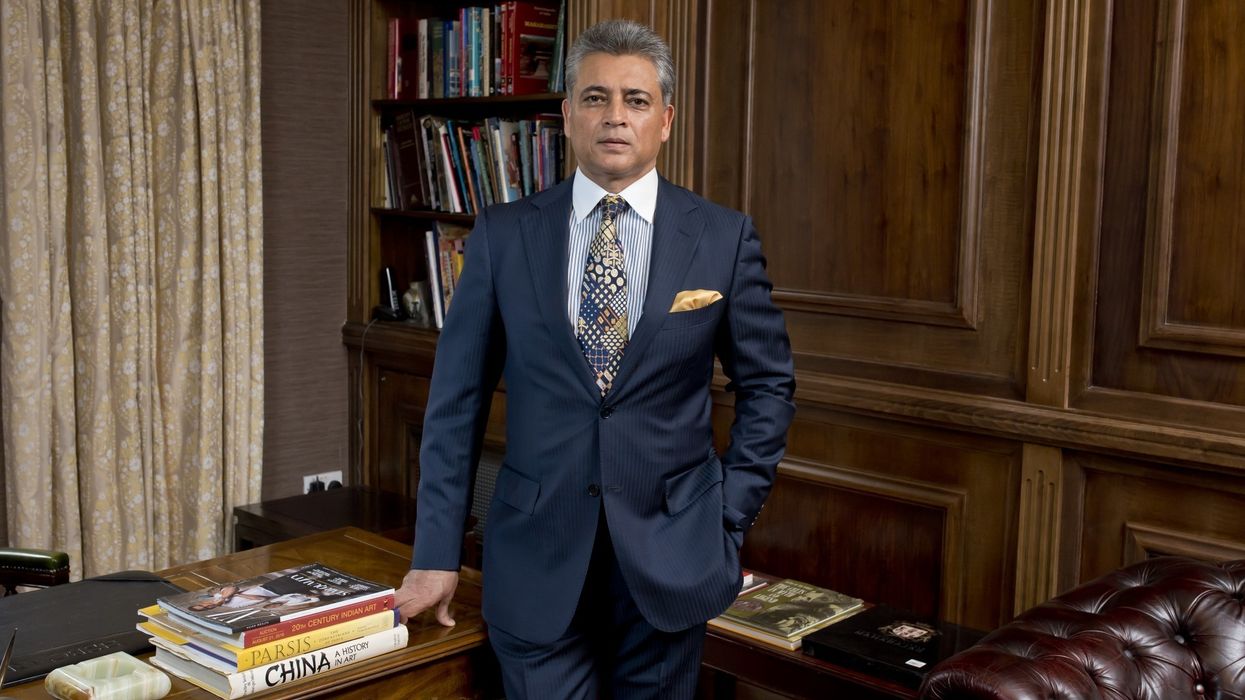The contender challenging Sadiq Khan for London mayor, Tarun Ghulati, aims to lead the city with a business mindset.
Ghulati, originally from Delhi, believes his experience as a businessman is what London needs to attract investment and prioritise safety. Standing as an independent candidate among 13 contestants, Ghulati vows to transform London into a profitable corporation, ensuring prosperity for all residents.
“I view London as a unique global city, akin to the ‘global bank of the world' where diverse cultures converge to flourish,” Ghulati said in a speech this week.
“As mayor, I will build London's balance sheet such that it is the premier choice for investment, safeguarding safety and prosperity for all its residents. I will transform and run London effectively and efficiently like a seasoned CEO. London will be a profitable corporation where profitability means the well-being of all. You will all be part of the journey. Let's do it for our London, our home,” he said.
Safety on the streets is a major priority for Ghulati, who advocates for visible community policing and increased officer presence.
“It is about having enough bobbies on the beat, having the resources for police officers to do their jobs; which means making the streets safe for women to walk at night, with muggers and burglars being caught and punished,” he said.
He also criticises some of Khan's policies, promising to scrap costly measures like the Ultra Low Emissions Zone (ULEZ).
“We did not want ULEZ, LTNs or 20mph speed limits and many other poor policies… Climate change is happening and we need to mitigate its effects but that cannot be done by making everyone live 15 minutes from home or to penalise commuters in areas with little public transport. What changes we need to make must be paced with public opinion, not imposed arbitrarily on wallets coping with the cost of living,” said Ghulati, who has called London his home for 20 years.
Ghulati talked about affordable housing, tourism, and free school meals while expressing disappointment in both major political parties. “I would not be a candidate for mayor if the political candidates were doing what they should be. They have let us down. This is all about London and Londoners,” he declared.
He claims to have gathered support through canvassing across London's boroughs and features in the official mini manifesto booklet alongside other candidates.
Ghulati also features in the official mini manifesto booklet costing each candidate GBP 10,000.
The winning mayoral candidate will be responsible for addressing various local issues affecting Londoners, from transportation and policing to housing and the environment.
(PTI)





